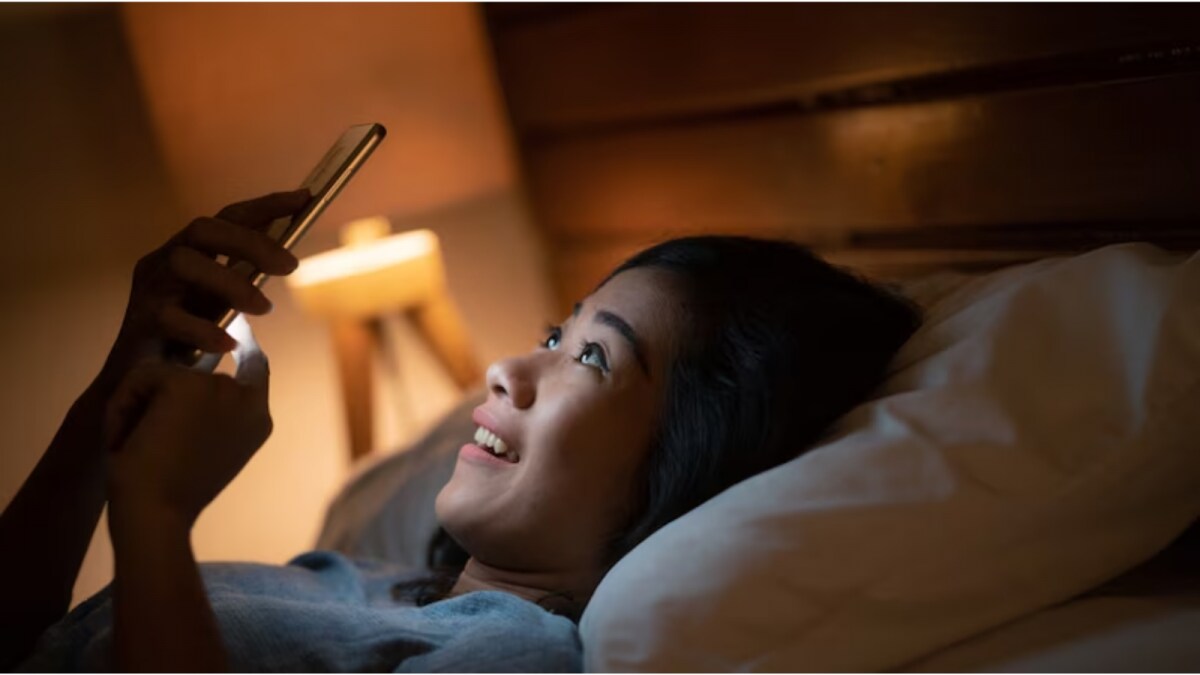Last Updated:
Staying up late for “me-time” may harm your sleep, mental health, and overall well-being.

Late nights, hidden risks: How your nightly “me-time” may be costing your health.
The habit of delaying sleep to gain a sense of freedom at the end of the day is called revenge bedtime procrastination. People stay up late on social media, binge-watch shows, or play video games. This time helps individuals relax and feel in control of their lives. With remote working, increased screen access, and high-stress living, this behavior is becoming increasingly common across all age groups. Dr Bindoo Jadhav, Consultant Psychiatrist, K J Somaiya Hospital and Research Centre & Dr Sreystha Beppari, Psychologist, Apollo Clinic, Viman Nagar share their findings:
Sleep lost due to staying up late can cause numerous health problems. It interferes with body hormones, increased cortisol, elevated ghrelin, and decreased leptin leading to overeating and weight gain. When the immune system is compromised, the body becomes more susceptible to diseases and infections. Increased blood pressure and inflammation caused by sleep deprivation harm the heart and raise the risk of cardiovascular disease. Additionally, inadequate sleep affects insulin regulation, increasing the risk of type 2 diabetes.
Lack of sleep due to bedtime procrastination also negatively affects mental health. Sleep plays a critical role in emotional processing, memory consolidation, and stress management. Insufficient sleep can lead to irritability, mood swings, and impaired concentration, decision-making, and problem-solving, diminishing productivity. Over time, it can worsen depression and anxiety disorders. Reduced emotional control may result in impulsivity and strained relationships.
All age groups can be affected by lack of sleep, but some populations are more likely to engage in bedtime procrastination. “Gen Z and millennials are deeply connected to smartphones and social media, often staying up late at night on screens,” says Dr. Jadhav. Working professionals with heavy workloads or remote schedules often fail to establish clear work-life boundaries. Parents, particularly new mothers or fathers, may sacrifice sleep to complete tasks or care for children. Nevertheless, anyone experiencing constant stress and technological distractions is at risk.
Sleep needs vary, but most adults require 7–9 hours per night for optimal health. Chronic sleep deprivation regularly getting less than six hours of sleep per night over several weeks or months can increase the risk of long-term health problems, including hypertension, cardiovascular disease, obesity, diabetes, depression, and cognitive decline. Even occasional missed sleep negatively affects memory, attention, and mood. It’s not just about quantity but also the quality of sleep. Chronic sleep deprivation may accelerate adverse effects due to disrupted biological cycles and metabolic processes.

Swati Chaturvedi, a seasoned media and journalism aficionado with over 10 years of expertise, is not just a storyteller; she’s a weaver of wit and wisdom in the digital landscape. As a key figure in News18 Engl…Read More
Swati Chaturvedi, a seasoned media and journalism aficionado with over 10 years of expertise, is not just a storyteller; she’s a weaver of wit and wisdom in the digital landscape. As a key figure in News18 Engl… Read More
September 11, 2025, 22:16 IST







